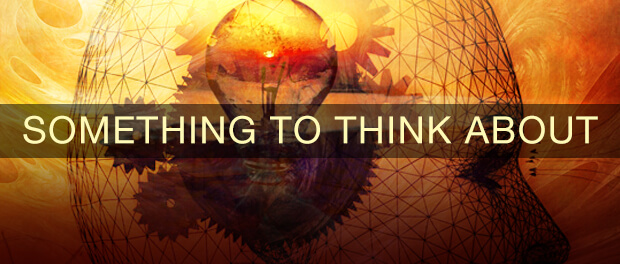Knowing that we can trust our experience is the first and perhaps the most fundamental lesson about discernment. Books and ideas and the counsel of the wise are all well and good, but the main arena for discernment is what we ourselves experience. We can discern the right direction by thoughtful reflection on our relationships with others, our work in the world, and on the feelings generated by these encounters. They are meaningful because God is in them. Our life is the classroom where the Schoolmaster teaches and guides us.
Whole systems of thought and belief challenge this idea. Ancient philosophical traditions hold that the physical world of matter and human bodies is a corrupt reflection of ideal forms that exist in the heavens. A theological tradition that began with Augustine and blossomed in Calvinism holds that human judgment and reason are hopelessly corrupted by sin, and that emotions are particularly suspect. One of the key ideas of Eastern religions is that this world is essentially an illusion, and that enlightenment comes as we rid ourselves of desires and ambitions and feelings.
In this argument, Ignatius stands firmly on the side of human experience. It is real; it is meaningful; it is trustworthy when we understand it properly.
—Excerpted from What’s Your Decision? by J. Michael Sparough, SJ, Jim Manney, and Tim Hipskind, SJ

